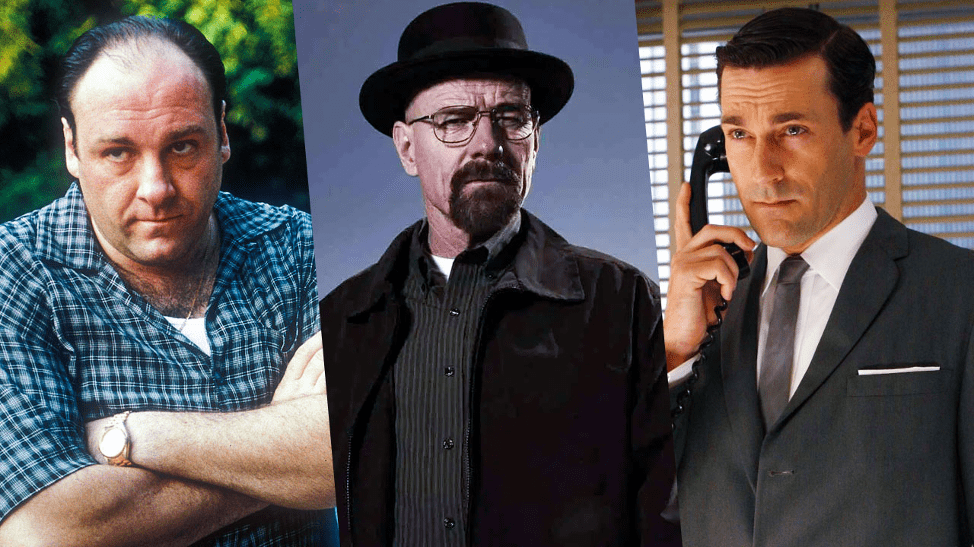Netflix is all the rage right now, mainly because lockdown boredom forced thousands of people to binge on more shows than normally possible. In Russian Doll, Nadia finds herself stuck in an infinite time-loop, searching for ways to restart her timeline by causing herself to die in brutal ways.
In Dead To Me, we follow two middle-aged women finding unusual ways to bond with one another i.e. over murders they’ve committed. Fleabag follows the life of a dry-witted, grief-riddled, angry woman living in modern-day London.

Netflix | A new age in TV is finally here – and we couldn’t be happier
Tragedy, death, trauma – every plot uniquely covers these key life concepts beautifully, yet they all do so with the element of comedy. What’s even better? Female leads cover these experiences.
A Changing Dynamic?
The late 90s and 2000s saw a strange trend emerge in television. Owing to the success of The Sopranos, the next decade ushered in a new brand of storytelling – evil male protagonists. This birthed the likes of Mad Men, Breaking Bad, Dexter, and whatnot.
While these shows all saw widespread commercial success, catapulted to the top of the ratings, and won Emmys, but the narrative itself remained troublesome. Back then, the notion seemed to be that only “likable” women tropes could do well in cinema.

HBO, AMC | All these show portrayed bad men, doing bad things, and very rarely could directors explore the character arcs of their supporting female cast
Fortunately, that was a different time, and now women-centered dramedies are all the hype. But instead of giving us what we're used to seeing on TV, these female-led shows venture deep into genre-bending, and we’re totally here for it.
Teetering between drama and comedy, they employ and balance both motifs to bring us a different type of character – female, sure, but also one that we find ourselves relating to more. Also sympathetic and illuminative when dealing with the complexity of human emotions.
Rising to the Top (of Rating Lists)
Why are women now running the dramedy game? There are a couple of reasons for that. Firstly, it was just high time for cinema to be blessed with some iconic female leads. Decades after decades, we’ve seen show-makers put male protagonists on a pedestal – and audiences had had enough of the same old story arc.
Secondly, after sagas dripping with tragic themes of Western outlaws, crooked cops, scheming politicians, and oppressed gangsters who wouldn’t blink while committing heinous crimes, women characters figured that the only way to start receiving accolade was to carve out their own niche – and they did so splendidly, might we add.

The Guardian | Female protagonists are leading the dramedy revolution, y’all
This new style took very real storylines, believable plots, and finessed them with such great dark comedy that authenticity would never be doubted.
